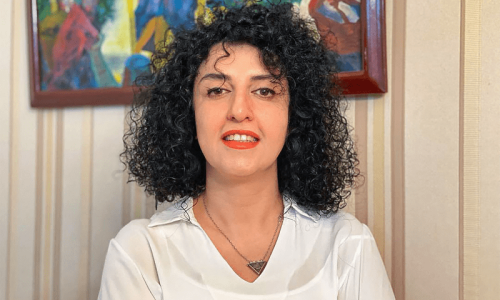US President Donald Trump “listened with interest” about New Zealand's gun reforms introduced after the mass shooting in Christchurch, the Pacific country's Prime Minister Jacinda Ardern said on Tuesday.
New Zealand's moves on gun control have won global praise, especially in the United States, where lawmakers favouring gun control and activists have struggled to address firearms violence despite back-to-back mass shootings in Texas and Ohio last month.
Ardern, 39, met Trump, 73, at the sidelines of the United Nations General Assembly in New York, in what was the first formal meeting between the two leaders.
Speaking to reporters after the meeting, Ardern said New Zealand's gun buy-back and the process it had gone through was a big part of the 25-minute meeting, along with trade, tourism and what happened in Christchurch.
“It was a conversation around our (gun) buy-back and the work we had done to remove military-style, semi-automatic weapons and assault rifles,” Ardern said in videos posted by media members travelling with the prime minister.
“I sensed an interest,” Ardern said.
“Obviously, we were able to move very quickly and with consensus and that stood out to the world. The fact that we had that political consensus among members of parliament. ... I think that sparked interest amongst others.”
New Zealand had near-unanimous support in parliament when it passed a law banning military-style semi-automatics in a first round of reforms within weeks of the mass shooting in Christchurch by a suspected white supremacist, in which 51 Muslim worshippers were slain.
The country launched a gun amnesty scheme. It also plans a second set of reforms, to be debated in its parliament on Tuesday.
In the United States, Trump has discussed potential gun control legislation with lawmakers after a series of mass shootings in August that killed more than 30 people. Trump has said many areas were under discussion, including background checks.
Ardern said she would not want to predetermine what their discussions means for the United States and the laws there, just noting that Trump “listened with interest”.
The meeting between the two leaders was keenly watched, as Ardern is often contrasted with Trump for her views on issues including women's rights, climate change and diversity.
However, news media organisations were not invited to the meeting.
Ardern has publicly rejected Trump's view on the threat of white nationalism, and recently said she “completely and utterly disagreed” with his comments telling four minority US congresswomen - three of whom were born in the United States - to go back to where they came from.















































